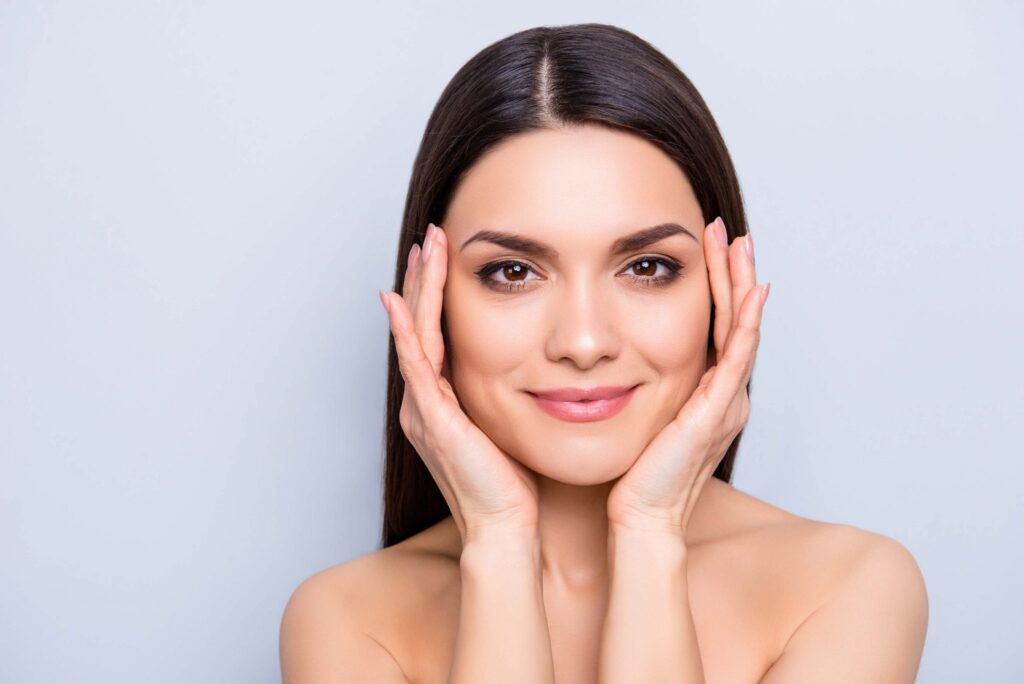Rosacea: Exploring Causes and Discovering Cures
Rosacea Treatment in Dubai is a chronic skin condition that primarily affects the face, leading to redness, swelling, and visible blood vessels. While it can affect anyone, it is most commonly seen in fair-skinned individuals and often starts after the age of 30. The exact cause of rosacea is still unclear, but various factors contribute to its development. In this article, we will explore the potential causes of rosacea and discuss the available treatment options.
Understanding Rosacea
Rosacea is characterized by episodes of facial flushing, persistent redness, and the development of papules and pustules resembling acne. Patients may also experience burning or stinging sensations, dry or rough patches, and thickening of the skin, particularly around the nose. The condition can have a significant psychological impact, often leading to embarrassment and anxiety about one's appearance.

Causes of Rosacea
Genetic Factors
Research indicates that genetics play a significant role in the development of rosacea. Individuals with a family history of the condition are more likely to experience it themselves. Genetic predisposition may influence skin sensitivity, inflammatory responses, and the likelihood of vascular changes in the skin.
Environmental Triggers
Various environmental factors can trigger rosacea flare-ups. Common triggers include:
- Sun Exposure: Ultraviolet (UV) rays can irritate the skin, leading to inflammation and redness.
- Extreme Temperatures: Both hot and cold weather can exacerbate rosacea symptoms. High humidity and wind can also contribute to flare-ups.
- Spicy Foods and Alcohol: Certain foods and beverages can lead to flushing and increased redness. Spicy dishes, hot drinks, and alcoholic beverages are often reported as common triggers.
Hormonal Changes
Hormonal fluctuations may also play a role in rosacea. Conditions such as menopause, pregnancy, and hormonal therapies can lead to increased skin sensitivity and redness. This is particularly relevant for women, who often experience rosacea symptoms during hormonal changes.
Microorganisms
The presence of the Demodex mite, a tiny organism that naturally inhabits the skin, has been linked to rosacea. Research suggests that an overpopulation of these mites may lead to increased inflammation and contribute to the symptoms of rosacea.
Skin Barrier Dysfunction
Individuals with rosacea may have a compromised skin barrier, making their skin more susceptible to irritants and allergens. This dysfunction can lead to increased moisture loss and heightened sensitivity, resulting in redness and irritation.
Discovering Cures and Treatment Options
While there is currently no cure for rosacea, several treatment options can help manage symptoms and reduce flare-ups. The appropriate treatment often depends on the severity of the condition and individual skin types.
Topical Treatments
Topical Antibiotics: Metronidazole and clindamycin are common topical antibiotics used to reduce inflammation and redness associated with rosacea. They are typically applied once or twice daily and may take several weeks to show results.
Azelaic Acid: This naturally occurring acid has anti-inflammatory and antibacterial properties, making it effective for treating rosacea. It helps to unclog pores, reduce redness, and improve skin texture.
Ivermectin Cream: This newer topical treatment has shown promise in reducing inflammatory lesions and redness in rosacea patients. It works by targeting the Demodex mites and reducing their population on the skin.
Oral Medications
For more severe cases of rosacea, oral medications may be prescribed:
Oral Antibiotics: Tetracycline, doxycycline, and minocycline are commonly prescribed oral antibiotics that help to reduce inflammation and treat the pustules associated with rosacea.
Isotretinoin: In rare and severe cases, isotretinoin, a powerful retinoid used for acne treatment, may be prescribed to help manage rosacea symptoms. However, this treatment requires close monitoring due to potential side effects.
Lifestyle and Home Remedies
In addition to medical treatments, several lifestyle changes and home remedies can help manage rosacea:
Sun Protection: Wearing sunscreen with a high SPF can protect the skin from UV rays and prevent flare-ups. Broad-brimmed hats and protective clothing are also recommended when outdoors.
Gentle Skincare: Using gentle, fragrance-free cleansers and moisturizers can help soothe irritated skin. Avoiding harsh scrubs and exfoliants is crucial to prevent exacerbating rosacea symptoms.
Identifying Triggers: Keeping a diary of potential triggers can help individuals identify what exacerbates their symptoms. By avoiding known triggers, patients can better manage their condition.
Dietary Changes: Adopting a diet low in spicy foods, alcohol, and hot beverages can help reduce flare-ups. Incorporating anti-inflammatory foods rich in omega-3 fatty acids, such as fatty fish, can also be beneficial.
Laser and Light Therapies
For patients with persistent redness and visible blood vessels, laser and light therapies may be effective:
Pulsed Dye Laser (PDL): This treatment targets blood vessels and reduces redness by delivering short bursts of light to the affected area.
Intense Pulsed Light (IPL): IPL treatments can effectively address redness and improve overall skin tone by targeting pigmented and vascular lesions.
Conclusion
Rosacea is a complex skin condition with various underlying causes and contributing factors. While there is no definitive cure, numerous treatment options can help manage symptoms and improve quality of life. It is essential for individuals experiencing rosacea to consult with a dermatologist to develop a personalized treatment plan tailored to their specific needs. With the right approach, those affected by rosacea can regain control over their skin health and enjoy a more confident life.